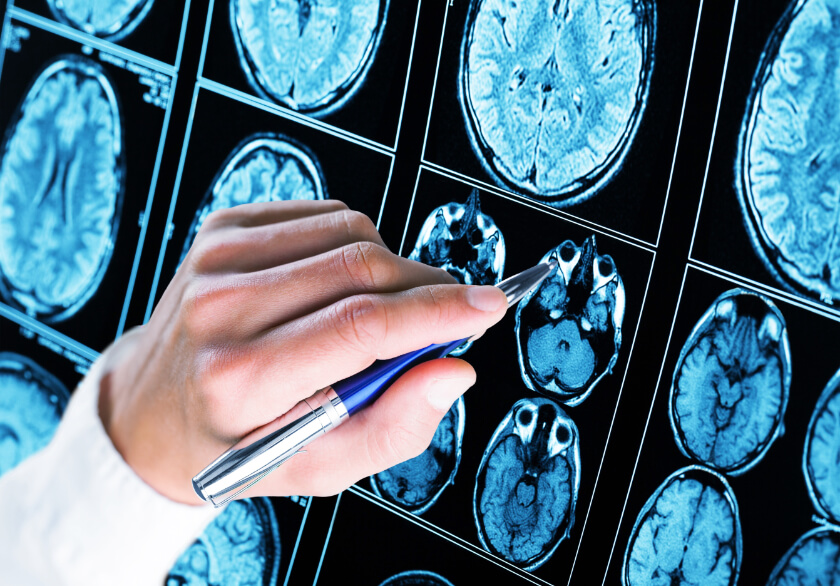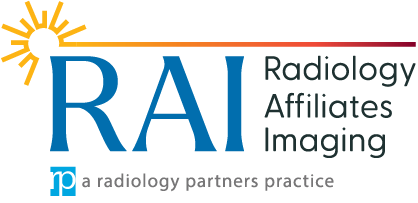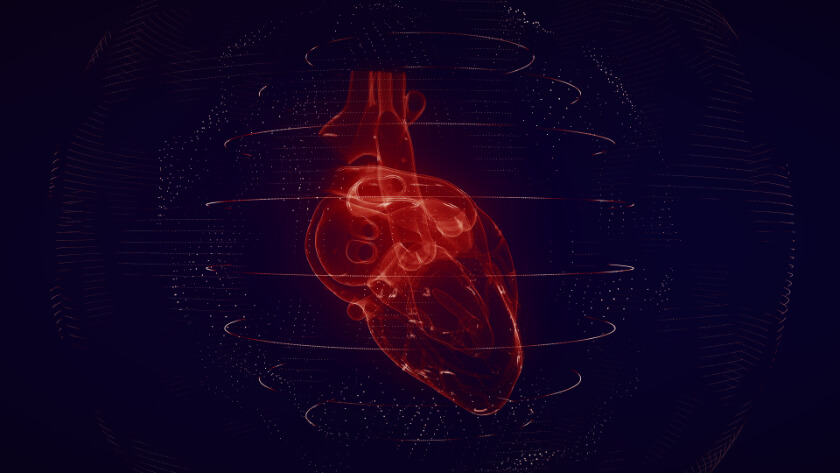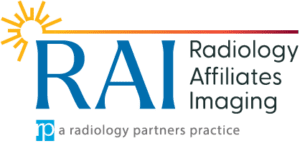

Study Shows MRI Detects Early Brain Aging for Those with Poor Heart Health


People who have poor cardiovascular health when they are in their 30s have a higher risk for premature brain aging as they enter their golden years, according to the results of a new study. The research also suggests that using magnetic resonance imaging (MRI) with a machine learning model to track brain health in people with heart problems may someday help doctors and patients prevent and treat certain age-related brain disorders.
What is “Brain Age?”
Doctors often use the term “brain age” to describe how well a person’s brain is aging. As we age, our brains go through certain predictable changes that can be measured with MRI. This type of imaging can provide a clear view of brain atrophy, which is the loss of brain cells (neurons) and the connection between them. MRIs can show changes to blood vessels in the brain and changes in white matter, which is brain tissue that helps brain cells communicate. MRI may also show a type of brain lesions, known as white matter hyperintensities, which can cause memory problems, difficulty in walking and balance, mood changes, and more.
Medical professionals can compare an individual’s brain age to his or her chronological age to determine if the individual has signs of early aging. A person may have early brain aging if they have more brain atrophy, white matter hyperintensities, or more changes to white matter and blood vessels than someone else of the same age.
Early brain aging can indicate brain disorders, such as Alzheimer’s and Parkinson’s disease. Alzheimer’s disease is a brain disorder that slowly destroys a person’s memory and thinking skills; eventually, this type of dementia impairs their ability to perform simple tasks. Parkinson’s disease is also brain disorder, but it causes uncontrollable or unintended movements, such as trembling, stiffness, and issues with balance and coordination.
Recent Study Investigated Connection between Older Brain Age and Poor Cardiovascular Health
Researchers from University College London’s Dementia Research Centre in the U.K. wanted to use MRI imaging to find out if there is a connection between older brain age and poor heart health earlier in life. They used data from 1946 British Birth Cohort, also known as Insight 46, which enrolled 501 participants who were all born during a single week in 1946 in mainland Britain. The participants were followed their entire lives as part of the Insight 46 study, and all had undergone 25 health evaluations over the years that included heart health assessments.
The 2022 study included 456 of the Insight 46 participants. Each of the subjects in the new study had also undergone MRI exams between May 2015 and January 2018, when they were between the ages of 69 and 72.
The researchers in the 2022 study “trained” a machine-learning model to assess brain age by providing it with MRI information on thousands of healthy adults between the ages of 18 and 90 who were not part of the Insight 46 group. This gave the scientists a good idea of what a healthy brain should look like at every stage in life.
The team of scientists then compared the data generated by the machine-learning model to the data gathered in the Insight 46 MRI group; they found that participants who had worse cardiovascular health when they in their 30s also had worse brain health in their late 60s and early 70s. They also discovered that participants with an older brain age had more blood vessel problems in their brains, lower cognitive performance, and more damage to neurons. In other words, they found that people with poor cardiovascular health are at higher risk for early brain aging.
Recent study supports the results of earlier research
This research backs up the results of other studies that link brain health and heart health. For example, a 2022 study using brain MRI shows that people between 40 and 69 years old who have healthy hearts systems also have healthier brains. In that study, researchers used the American Heart Association’s “Life’s Simple 7 score,” a set of the seven most important predictors of someone’s cardiovascular health. The seven factors include modifiable and non-modifiable factors, including:
- Smoking status
- Weight
- Diet
- Physical activity
- Blood pressure
- Cholesterol
- Blood sugar
That study, which also used MRI to create images of the participants’ brains, showed that maintaining a healthy heart as measured by the Life’s Simple 7 score not only helps prevent stroke and heart attack, but also supports overall brain health.
The results of both studies suggest that using MRI findings to find premature brain aging in older adults who have a history of heart problems could be a good way to predict brain health. The findings could someday help predict age-related brain problems, such as Alzheimer’s disease and Parkinson’s disease, in younger adults with poor heart health.
For more information about brain health, cardiovascular health, and using MRI, consult with your doctor or radiologist.





